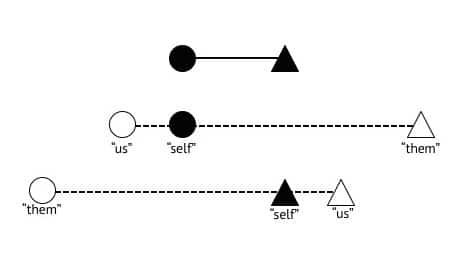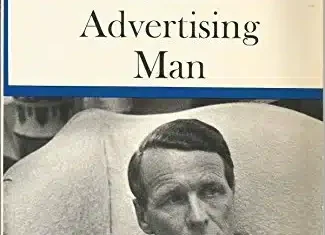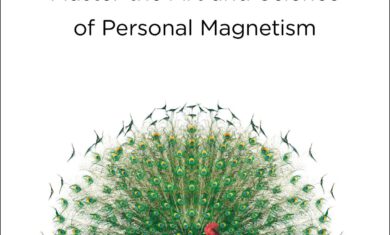When listening to a recent episode of the excellent Hidden Brain podcast (this one was titled “Useful Delusions”), host Shankar Vedantam brought up the concept of “naive realism”.
The basic idea is our tendency to believe that we see the world around us objectively, so if anyone disagrees with us they must be biased or uninformed.
It’s similar to things I’ve mentioned before, and it frequently shows up in the world of politics. You may think “if they support that person, then they clearly are irrational and biased“, but they very well may feel the same about you.
This also can manifest in sports. After a game, fans of both sides often feel that the referee favored the other team. A 1954 study confirmed this:
In a seminal study in social psychology, which was published in a paper in 1954, students from Dartmouth and Princeton watched a video of a heated football game between the two schools. Though they looked at the same footage, fans from both schools perceived the game very differently. The Princeton students “saw” the Dartmouth team make twice as many infractions as their own team, and they also saw the team make twice as many infractions compared to what the Dartmouth students saw. Dartmouth students viewed the game as being evenly-matched in violence, in which both sides were to blame. This study revealed that two groups perceived an event subjectively. Each team believed they saw the event objectively and that the other side’s perception of the event was blinded by bias.
Swiss psychologist Jean Piaget felt that naive realism was generally a childish concept that people outgrow as they develop improved logical reasoning.
It comes back again to the ideas of sonder and empathy. Your position may turn out to be the “right” one, but it’s not as clear as you think. Your own bias will appear in your decision-making, and all others aren’t uniformly uninformed. The truth likely lies somewhere in the middle.




